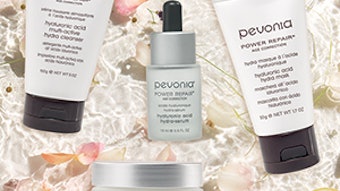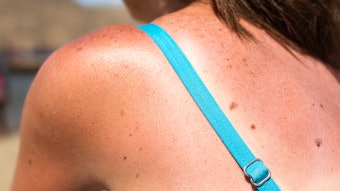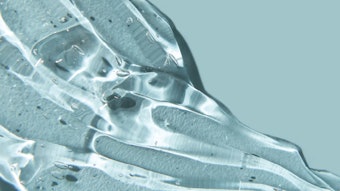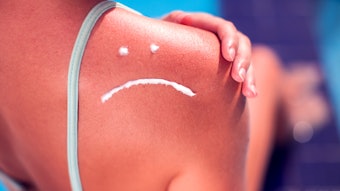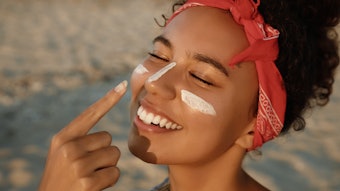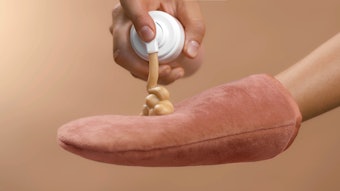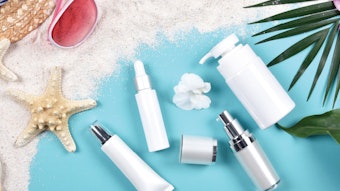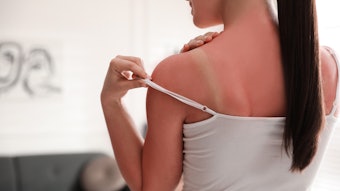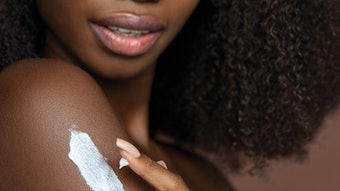
When it comes to tanning, dermatologists have long suspected that most people need an attitude adjustment. Now, results of a new survey by the American Academy of Dermatology confirmed the majority of people still idolize the bronzed look of a tan despite wanting to protect themselves from skin cancer.
The “Suntelligence: How Sun Smart is Your City?” online survey polled more than 7,000 adults nationwide to determine their knowledge, attitudes and behaviors toward tanning, sun protection and skin cancer detection. Twenty-six cities were ranked based on respondents’ answers to several questions in each category.
“Our survey highlighted the contradictory feelings that many people have about tanning—they like the way a tan looks but are concerned about skin cancer, which is estimated to affect about one in five Americans in their lifetime,” said dermatologist Zoe D. Draelos, MD, FAAD, consulting professor at Duke University School of Medicine in Durham, North Carolina. “What they may not realize is that no matter whether you tan or burn, a tan from the sun or tanning beds damages the skin and can cause wrinkles, age spots and skin cancer. The challenge is changing the long-standing attitudes about tanning to correlate with people’s knowledge about skin cancer.”
In examining the survey data, Draelos noted that 72% of all respondents agreed that people look more attractive with a tan. In addition, more men than women (76% vs. 68%, respectively) agreed with that statement. Similarly, 66% of all respondents agreed that people look healthier with a tan. Once again, more men than women (70% vs. 62%, respectively) agreed with this statement.
When asked whether or not they believed that sun exposure is good for your health, 60% of all respondents mistakenly agreed with this statement. Analyzing the data by gender, more men than women (62% vs. 58%, respectively) incorrectly thought that sun exposure is good for your health.
“Various reports touting the potential health benefits of sun exposure for vitamin D production are misleading people to believe that exposing oneself to UV radiation, which causes cancer, to prevent another disease is somehow beneficial,” said Draelos. “In fact, the Academy does not recommend getting vitamin D from any form of UV exposure because UV radiation from the sun and tanning beds can lead to the development of skin cancer. Getting vitamin D from a healthy diet, which includes naturally enriched vitamin D foods, fortified foods and beverages, and/or vitamin supplements, is a healthier alternative because it provides the exact same benefit without the skin cancer risk.”
Draelos added that, despite their positive attitudes about tanning, the majority of respondents expressed strong opinions on protecting themselves from skin cancer. For example, 75% of all respondents said they will do anything possible to prevent skin cancer. Furthermore, 80% of respondents expressed concern about skin cancer and feel it is important to protect themselves.
“When it comes to preventing skin cancer, actions speak louder than words,” said Draelos. “So while it is encouraging that most people are concerned about skin cancer and want to reduce their risk of developing it, clearly more work needs to be done to change attitudes on tanning. If a person likes the look of a tan, he or she should consider using a self-tanner but use sunscreen with it.”
May is Melanoma/Skin Cancer Detection and Prevention Month. Visit the AAD's Melanoma Monday Web site to take the Academy’s “Suntelligence” survey, as well as to find out how to perform a skin self-exam, download a body mole map or find free skin cancer screenings in your area.
The “Suntelligence” survey was conducted for the Academy by RH Research of Chicago from January 12–31, 2010. A total of 7,116 respondents completed the online survey; more than 200 completes were conducted in each of the 26 selected MSAs (metropolitan statistical area) and an additional 1,123 completes were conducted in the U.S. outside of the MSAs. The survey’s margin of error was ±1.2% for national data and ±6.9% for results stratified by MSA.
